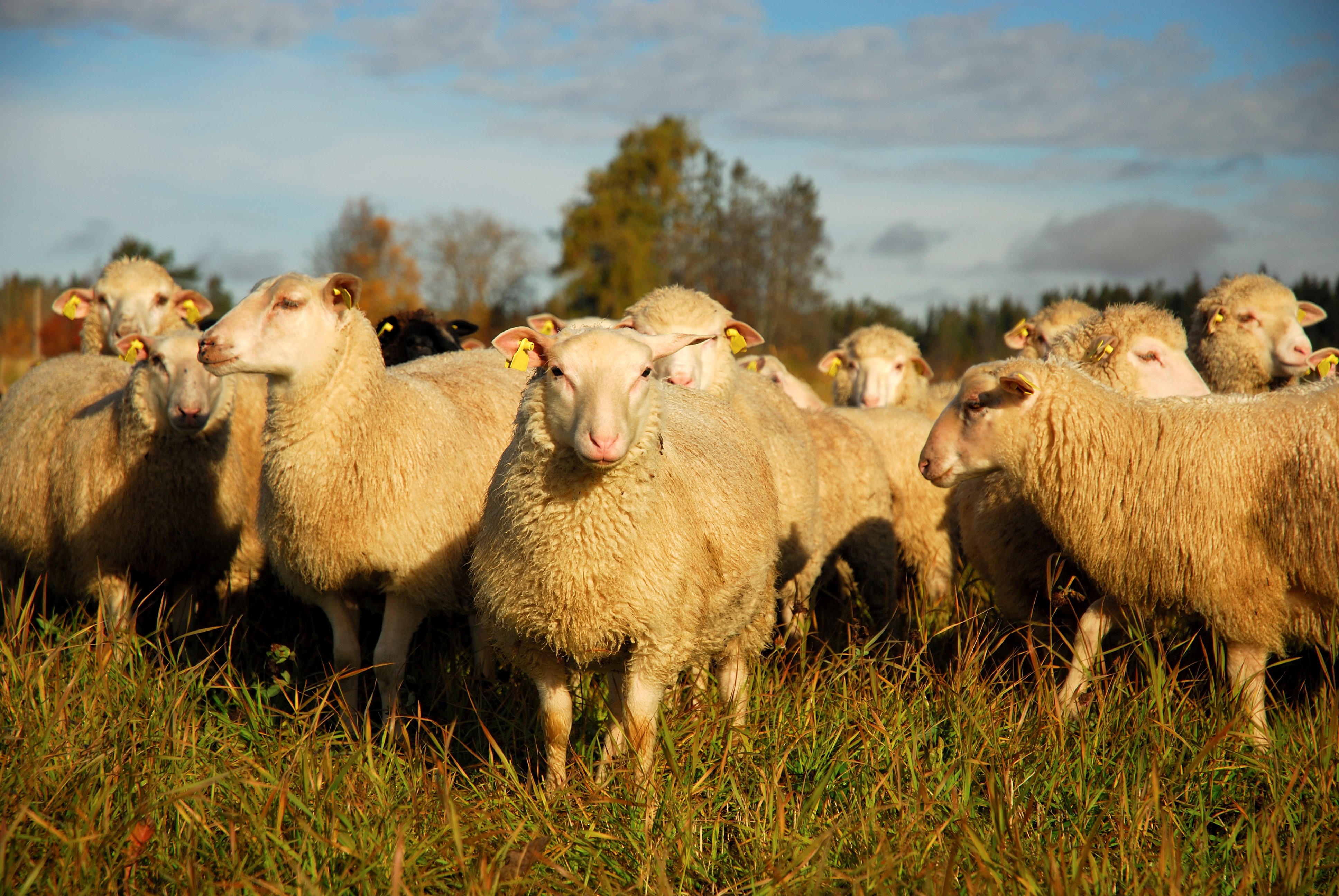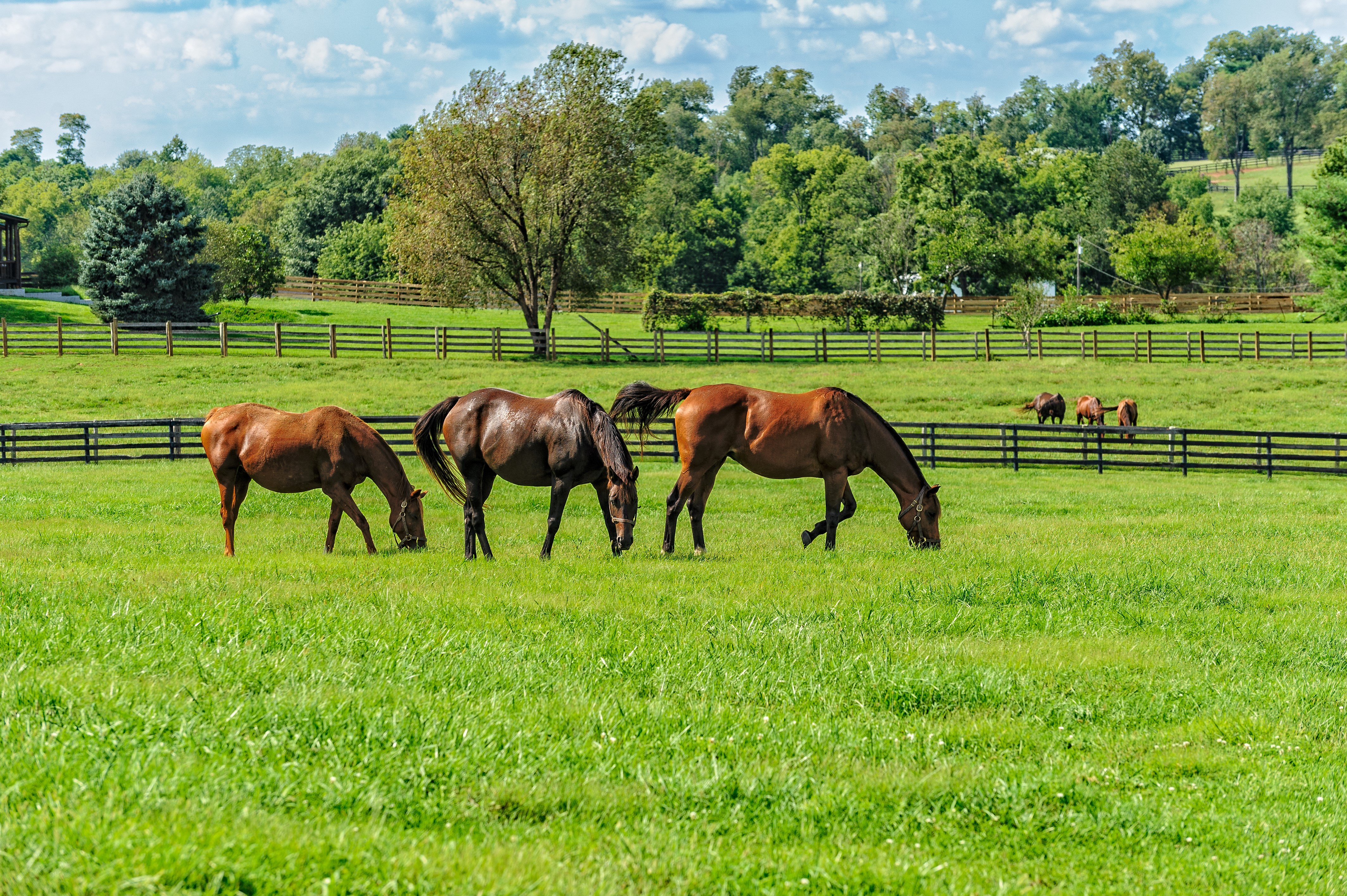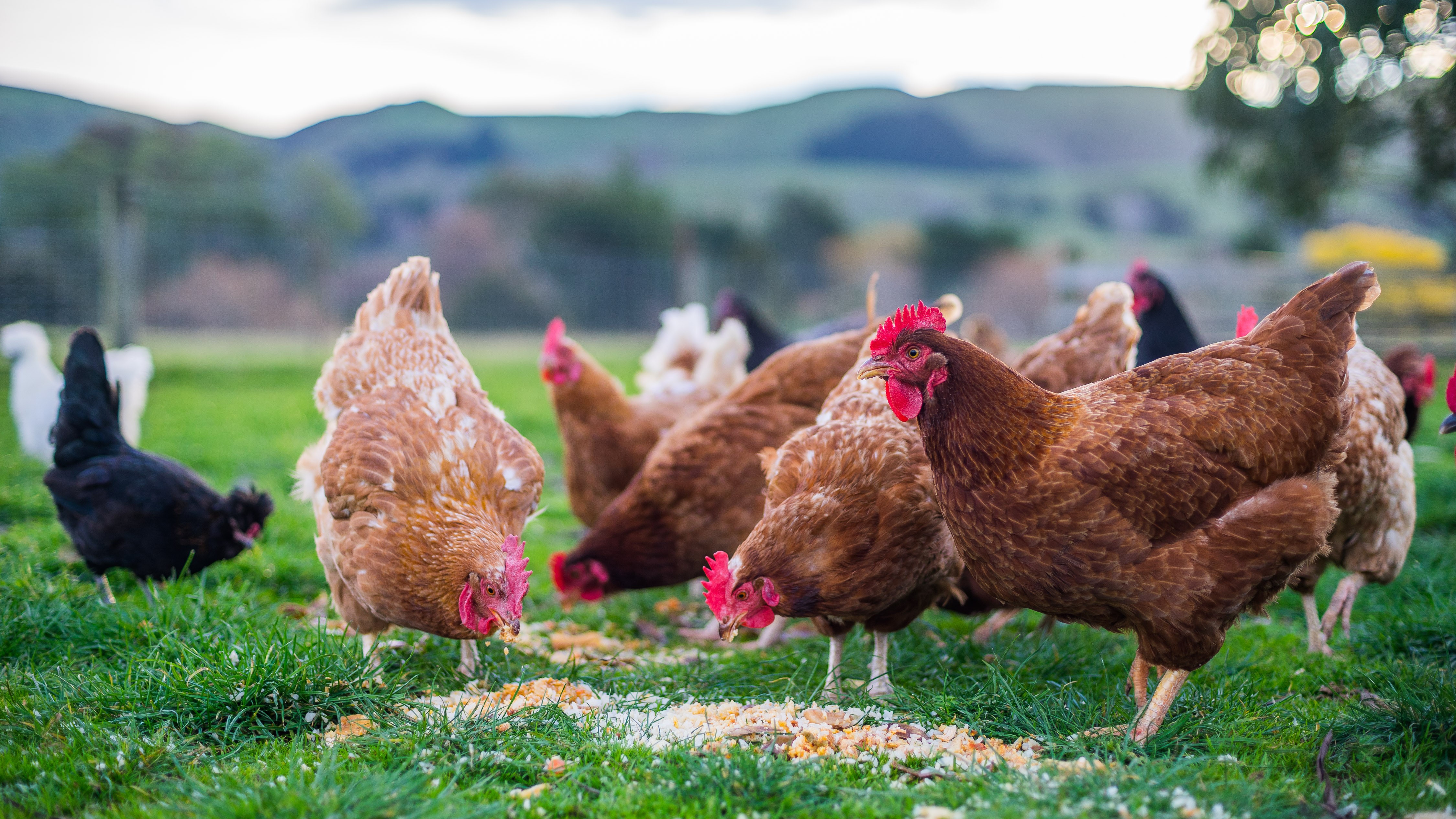Sycamore atypical myopathy foal - Czech Republic
Introduction:
Traditionally, horse owners have been aware of the dangers of poisonous plants such as ragwort and yew trees. The sycamore tree has not always been regarded as a threat. However a wet summer followed by a mild autumn in Ireland in 2014 changed this perception. The sycamore seed toxin (hypoglycin) was linked to over 200 hundred horse deaths that year. The disease caused by ingestion of the hypoglycin toxin is also known as atypical myogloobinuria or atypical myopathy.
It was widely believed that sycamore poisoning only affected grazing animals. Recently, however, researchers in the Czech Republic reported on a case of atypical myopathy in a newborn foal, which died of the disease.
The mother of the foal had been diagnosed with atypical myoglobinuria the previous autumn after consuming sycamore seeds, and had also been grazing in a paddock near sycamore trees around the time of the birth of the foal.
The foal was at full term when born, had an apparently normal delivery, appeared normal straight after birth, and had stood and suckled within two hours. However by six hours after the birth, the foal was already showing signs of illness. Despite treatment, the foal’s condition deteriorated rapidly, and she was euthanized sixteen hours after being born.
Blood tests showed increased levels of compounds known as acylcarnitines, which led to a diagnosis of atypical myopathy. It is unknown whether the transmission of the toxin to the foal occurred before or after birth, but it is believed that transmission in the colostrum (first milk) is the most likely route.
This case highlights the need for owners to ensure that their horses do not have access to sycamore seeds.
The case was described by Karlíková, Radana et al. “Newborn foal with atypical myopathy” Journal of veterinary internal medicine vol. 32, 5 (2018): 1768-1772.
The full journal article can be found at the following link:
https://www.ncbi.nlm.nih.gov/pubmed/30216546






